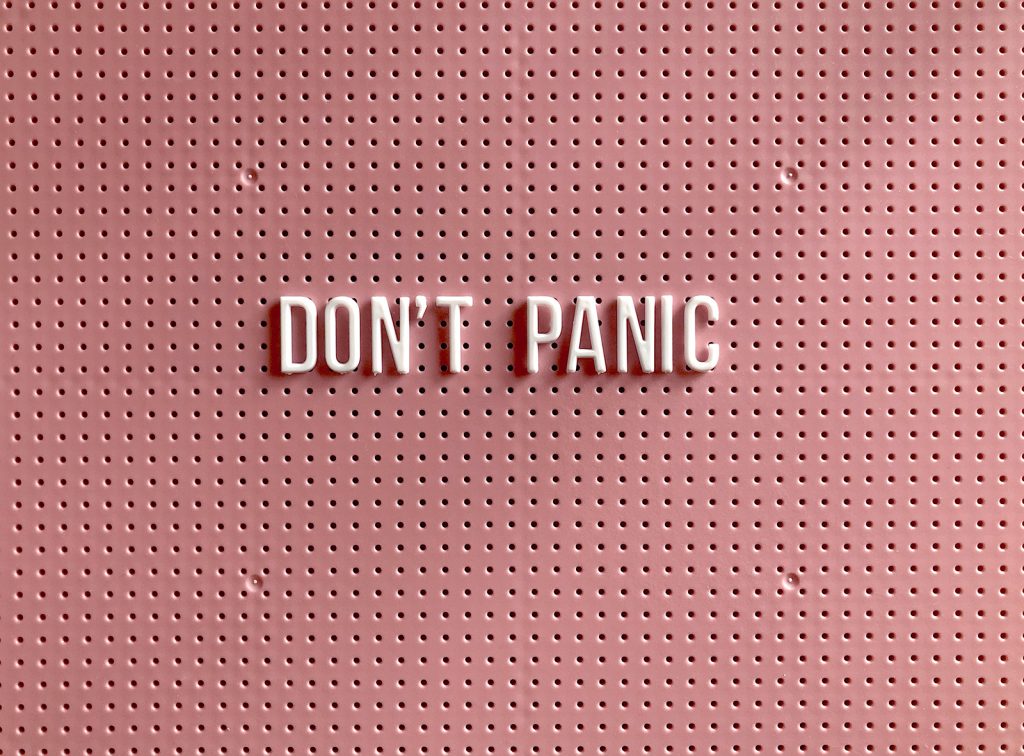Open Letter from a Person with Chronic Pain
Chronic pain is not like other medical issues—it cannot be seen or measured, and there is no set protocol to “make it better.” The unique and complicated factors that characterize chronic pain make it difficult to communicate what you are going through.
So, what can you do to help your family and friends understand?
Here’s one option: Share this Open Letter from a Person with Chronic Pain with your friends and families who want to understand your chronic pain—let the letter do the communicating for you.
This letter helps chronic pain sufferers express themselves to others.
Open letter from a person with chronic pain
Having chronic pain means many things change, and a lot of the changes are invisible.
Unlike having cancer or being hurt in an accident, most people do not understand chronic pain and its effects, and of those that think they know, many are actually misinformed. In the spirit of informing those who wish to understand: These are the things that I would like you to understand about me before you judge me.
- Please understand that being sick doesn’t mean I’m not still a human being. I have to spend most of my day in considerable pain and exhaustion, and if you visit, sometimes I probably don’t seem like much fun to be with, but I’m still me, stuck inside this body. I still worry about work, my family, my friends, and most of the time, I’d still like to hear you talk about yours, too.
- Please understand the difference between “happy” and “healthy.” When you’ve got the flu you probably feel miserable with it, but I’ve been sick for years. I can’t be miserable all the time. In fact, I work hard at not being miserable. So, if you’re talking to me and I sound happy, it means I’m happy. That’s all. It doesn’t mean that I’m not in a lot of pain, or not extremely tired, or that I’m getting better, or any of those things. Please don’t say, “Oh, you’re sounding better!” or “But you look so healthy!” I am merely coping. I am sounding happy and trying to look normal. If you want to comment on that, you’re welcome to.
- Please understand that being able to stand up for 10 minutes doesn’t necessarily mean that I can stand up for 20 minutes, or an hour. Just because I managed to stand up for 30 minutes yesterday doesn’t mean that I can do the same today. With a lot of diseases, you’re either paralyzed, or you can’t move. With this one, it gets more confusing every day. It can be like a yo-yo. I never know from day to day how I am going to feel when I wake up. In most cases, I never know from minute to minute. That is one of the hardest and most frustrating components of chronic pain.
- Please repeat the above paragraph substituting “sitting,” “walking,” “thinking,” “concentrating,” “being sociable,” and so on; it applies to everything. That’s what chronic pain does to you.
- Please understand that chronic pain is variable. It’s quite possible (and for many, it’s common) that one day I am able to walk to the park and back, while the next day I’ll have trouble getting to the next room. Please don’t attack me when I’m ill by saying, “But you did it before!” or “Oh, come on, I know you can do this!” If you want me to do something, then ask if I can. In a similar vein, I may need to cancel a previous commitment at the last minute. If this happens, please do not take it personally. If you are able to, please try to always remember how very lucky you are, to be physically able to do all of the things that you can do.
- Please understand that “getting out and doing things” does not make me feel better, and can often make me seriously worse. You don’t know what I go through or how I suffer in my own private time. Telling me that I need to exercise or do some things to “get my mind off of it” may frustrate me to tears, and is not correct. If I was capable of doing some things any or all of the time, don’t you know that I would? I am working with my doctors and I am doing what I am supposed to do. Another statement that hurts is, “You just need to push yourself more, try harder.” Obviously, chronic pain can affect the whole body, or be localized to specific areas. Sometimes participating in a single activity for a short or a long period of time can cause more damage and physical pain than you could ever imagine. Not to mention the recovery time, which can be intense. You can’t always read it on my face or in my body language. Also, chronic pain may cause secondary depression (wouldn’t you get depressed and down if you were hurting constantly for months or years?), but it is not created by depression.
- Please understand that if I say I have to sit down, lie down, stay in bed, or take these pills now, that probably means that I do have to do it right now, it can’t be put off or forgotten just because I’m somewhere, or I’m right in the middle of doing something. Chronic pain does not forgive, nor does it wait for anyone.
- If you want to suggest a cure to me, please don’t. It’s not because I don’t appreciate the thought, and it’s not because I don’t want to get well. Lord knows that isn’t true. In all likelihood, if you’ve heard of it or tried it, so have I. In some cases, I have been made sicker, not better. This can involve side effects or allergic reactions, as is the case with herbal remedies. It also includes failure, which in and of itself can make me feel even lower. If there were something that cured or even helped people with my form of chronic pain, then we’d know about it. There is worldwide networking (both on and off the Internet) between people with chronic pain. If something worked, we would KNOW. It’s definitely not for lack of trying. If, after reading this, you still feel the need to suggest a cure, then so be it. I may take what you said and discuss it with my doctor.
- If I seem touchy, it’s probably because I am. It’s not how I try to be. As a matter of fact, I try very hard to be normal. I hope you will try to understand. I have been, and am still, going through a lot. Chronic pain is hard for you to understand unless you have had it. It wreaks havoc on the body and the mind. It is exhausting and exasperating. Almost all the time, I know that I am doing my best to cope with this, and live my life to the best of my ability. I ask you to bear with me and accept me as I am. I know that you cannot literally understand my situation unless you have been in my shoes, but as much as is possible, I am asking you to try to be understanding in general.
- In many ways, I depend on you, people who are not sick. I need you to visit me when I am too sick to go out. Sometimes I need you to help me with the shopping, the cooking, or the cleaning. I may need you to take me to the doctor or to the store. You are my link to the “normalcy” of life. You can help me to keep in touch with the parts of life that I miss and fully intend to undertake again, just as soon as I am able.
- I know that I asked a lot from you, and I do thank you for listening. It really does mean a lot.
Note on the author: This letter was originally written by Ricky Buchanan and is posted here. The letter was first written to let people know what it is like to have chronic fatigue syndrome or fibromyalgia and has been adapted for other chronic pain disorders.
If you think this letter would help people in your life better understand what you’re going through, share it with them. I hope it helps even a little!





